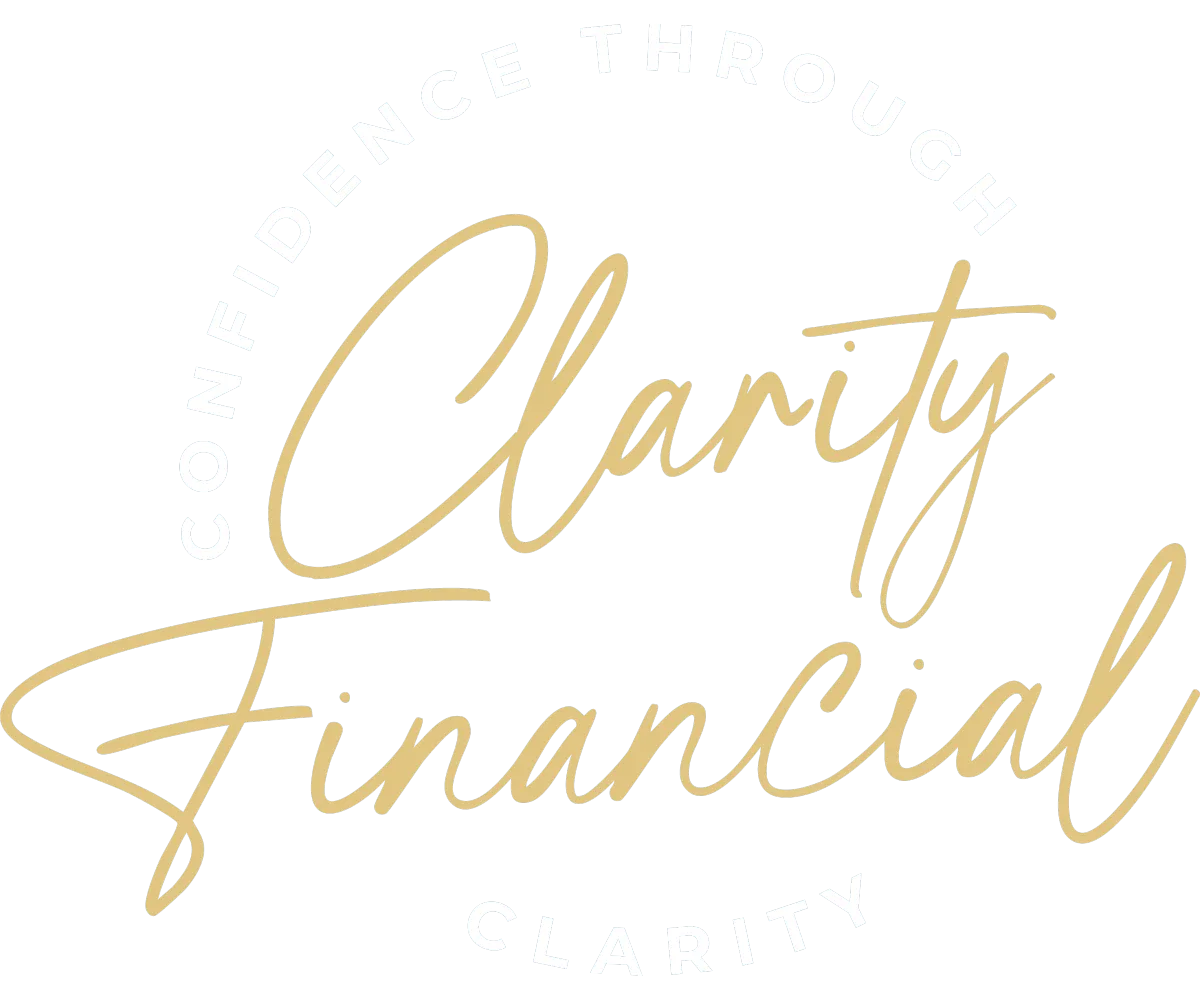
Paying Off Your Mortgage vs. Investing – What’s the Best Strategy for Your Financial Future?
When it comes to building a secure financial future, one of the most common questions we hear is: Should I pay off my mortgage early, or should I invest my extra funds? The answer depends on your personal goals, risk tolerance, and what kind of retirement income plan you want to build.
At Clarity Financial, we help educators, nonprofit leaders, faith-based professionals, and small business owners navigate this very decision every day. With Caroline Raker’s expert guidance, you’ll understand not just the numbers—but how your choices impact long-term security and peace of mind.
Why This Matters in 2025
In today’s market, where inflation is fluctuating and volatility is a constant concern, many clients are rethinking traditional investment strategies. At the same time, the idea of being debt-free by retirement sounds more appealing than ever. But what if you could have the best of both worlds—freedom from financial stress and stable income for life?
Let’s explore both paths.
The Case for Paying Off Your Mortgage Early
Pros:
Peace of Mind: Eliminating debt reduces your monthly expenses and gives a strong sense of ownership and security.
Guaranteed Savings: Every dollar put toward your mortgage is a guaranteed return at your loan’s interest rate.
Improved Cash Flow: Once your mortgage is gone, you free up funds for travel, family support, or other lifestyle needs.
Emotional Relief: Especially in uncertain times, owning your home outright can feel incredibly empowering.
Cons:
Tied-Up Equity: You lose liquidity. Home equity isn’t easily accessible without refinancing or selling.
Opportunity Cost: If your mortgage has a low interest rate, your money could grow faster elsewhere.
The Case for Investing Your Extra Cash
Pros:
Potential for Higher Returns: Strategic investing, especially in retirement vehicles, may outperform your mortgage interest.
Liquidity: You maintain access to your money—helpful in emergencies.
Retirement Growth: Investing in Fixed Indexed Annuities or retirement plans (like 403(b)s or 457(b)s) may offer tax advantages and the potential for lifetime income.
Cons:
Market Risk: Investments can lose value depending on market conditions.
Emotional Uncertainty: Some people find investing more stressful than paying off debt.
A Clarity Financial Perspective: Why Not Both?
Rather than choosing one or the other, Caroline Raker often recommends a blended strategy that includes:
✔ Maximizing employer retirement contributions (especially in 403(b) or 457(b) plans for educators and nonprofits)
✔ Using Fixed Indexed Annuities to create guaranteed income with no market downside risk
✔ Building emergency savings before accelerating mortgage payments
✔ Evaluating mortgage payoff options only after insurance protections and retirement income strategies are secure
How Fixed Indexed Annuities Fit In
One of the most overlooked tools in this conversation is the Fixed Indexed Annuity (FIA). These policies can:
Offer lifetime income (with optional riders)
Grow tax-deferred
Avoid losses due to market downturns
Be part of a diversified retirement income plan
At Clarity Financial, we offer access to A+ rated FIA products with zero administrative fees, available to educators, small business owners, and faith-based professionals across the U.S.
So, What’s the Right Move for You?
The truth is: It depends. Your age, income, retirement goals, existing savings, and mortgage rate all play a role. That’s why Caroline offers free, no-obligation consultations to help you weigh the options and choose the right balance.
Your strategy should feel just as good emotionally as it does mathematically.
Let’s Plan for Peace of Mind
Whether you’re nearing retirement or still building your financial foundation, you deserve a strategy that puts you in control.
Contact Caroline Raker at Clarity Financial today to schedule your personal consultation. Let’s build a plan that protects your present—and empowers your future.
Because when it comes to your financial future, clarity isn’t just a goal—it’s a promise.




